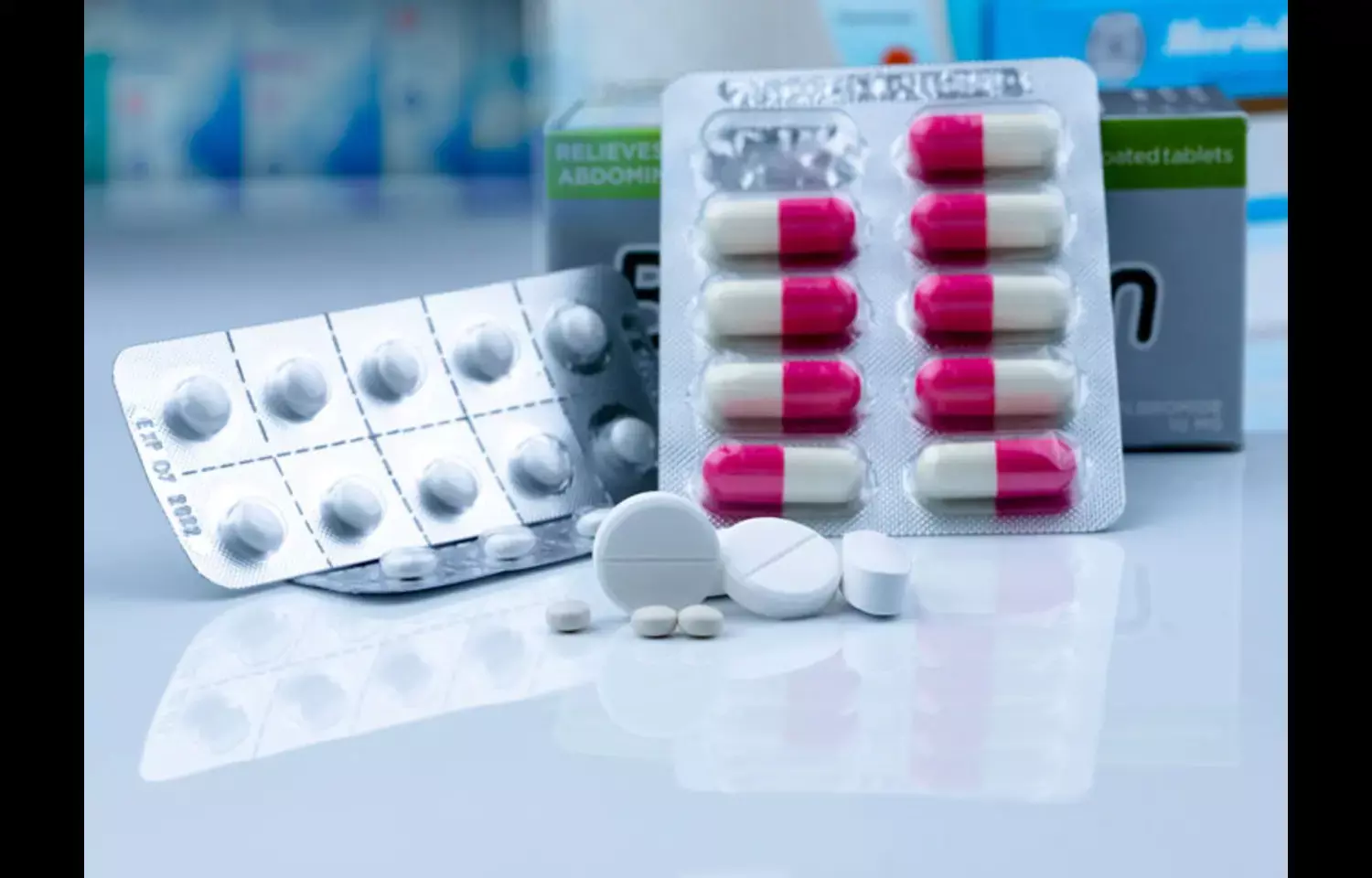- Home
- Medical news & Guidelines
- Anesthesiology
- Cardiology and CTVS
- Critical Care
- Dentistry
- Dermatology
- Diabetes and Endocrinology
- ENT
- Gastroenterology
- Medicine
- Nephrology
- Neurology
- Obstretics-Gynaecology
- Oncology
- Ophthalmology
- Orthopaedics
- Pediatrics-Neonatology
- Psychiatry
- Pulmonology
- Radiology
- Surgery
- Urology
- Laboratory Medicine
- Diet
- Nursing
- Paramedical
- Physiotherapy
- Health news
- Fact Check
- Bone Health Fact Check
- Brain Health Fact Check
- Cancer Related Fact Check
- Child Care Fact Check
- Dental and oral health fact check
- Diabetes and metabolic health fact check
- Diet and Nutrition Fact Check
- Eye and ENT Care Fact Check
- Fitness fact check
- Gut health fact check
- Heart health fact check
- Kidney health fact check
- Medical education fact check
- Men's health fact check
- Respiratory fact check
- Skin and hair care fact check
- Vaccine and Immunization fact check
- Women's health fact check
- AYUSH
- State News
- Andaman and Nicobar Islands
- Andhra Pradesh
- Arunachal Pradesh
- Assam
- Bihar
- Chandigarh
- Chattisgarh
- Dadra and Nagar Haveli
- Daman and Diu
- Delhi
- Goa
- Gujarat
- Haryana
- Himachal Pradesh
- Jammu & Kashmir
- Jharkhand
- Karnataka
- Kerala
- Ladakh
- Lakshadweep
- Madhya Pradesh
- Maharashtra
- Manipur
- Meghalaya
- Mizoram
- Nagaland
- Odisha
- Puducherry
- Punjab
- Rajasthan
- Sikkim
- Tamil Nadu
- Telangana
- Tripura
- Uttar Pradesh
- Uttrakhand
- West Bengal
- Medical Education
- Industry
COVID-19 infection may Increase blood levels of Antipsychotic Drugs by Reducing Metabolism: Study

Researchers have found in a new study that COVID-19 infection is associated with significantly elevated blood concentrations of antipsychotic medications, linked to a reduction in their metabolic rate.
The study observed that patients with active COVID-19 had higher plasma levels of commonly prescribed antipsychotics, suggesting impaired drug clearance during infection. These changes were correlated with multiple inflammatory and biochemical markers, including C-reactive protein, homocysteine, adenosine deaminase, bilirubin fractions, gamma-glutamyl transferase, globulin, serum albumin, blood urea nitrogen, non-esterified fatty acids, calcium, and various blood cell indices.
Here’s the thing: the findings highlight that systemic inflammation induced by COVID-19 may alter hepatic metabolism and enzyme activity, thereby affecting the pharmacokinetics of antipsychotic agents. This has important clinical implications, as unmonitored increases in drug levels can heighten the risk of adverse effects such as sedation, cardiac arrhythmias, extrapyramidal symptoms, and other serious complications. Clinicians are advised to closely monitor antipsychotic plasma levels and adjust dosages accordingly for patients with COVID-19 or other conditions characterized by systemic inflammation.
What this really means is that personalized treatment approaches are crucial in managing psychiatric patients during infectious or inflammatory states. Regular biochemical monitoring and dose adjustments can mitigate risks while ensuring therapeutic efficacy. Additionally, further research is warranted to explore the mechanisms underlying altered drug metabolism during infection and to establish evidence-based guidelines for antipsychotic management in this context. This study emphasizes the intersection of infectious disease, pharmacology, and psychiatry, reinforcing the need for vigilance in multi-disciplinary care.
Reference : Li, X., Zhang, Y., Chen, H., Wang, L., & Zhao, Q. (2025). COVID-19 infection may increase blood levels of antipsychotic drugs by reducing metabolism. BMC Psychiatry, 25, 400. https://doi.org/10.1186/s12888-025-07400-3
Dr. Shravani Dali has completed her BDS from Pravara institute of medical sciences, loni. Following which she extensively worked in the healthcare sector for 2+ years. She has been actively involved in writing blogs in field of health and wellness. Currently she is pursuing her Masters of public health-health administration from Tata institute of social sciences. She can be contacted at editorial@medicaldialogues.in.
Dr Kamal Kant Kohli-MBBS, DTCD- a chest specialist with more than 30 years of practice and a flair for writing clinical articles, Dr Kamal Kant Kohli joined Medical Dialogues as a Chief Editor of Medical News. Besides writing articles, as an editor, he proofreads and verifies all the medical content published on Medical Dialogues including those coming from journals, studies,medical conferences,guidelines etc. Email: drkohli@medicaldialogues.in. Contact no. 011-43720751


